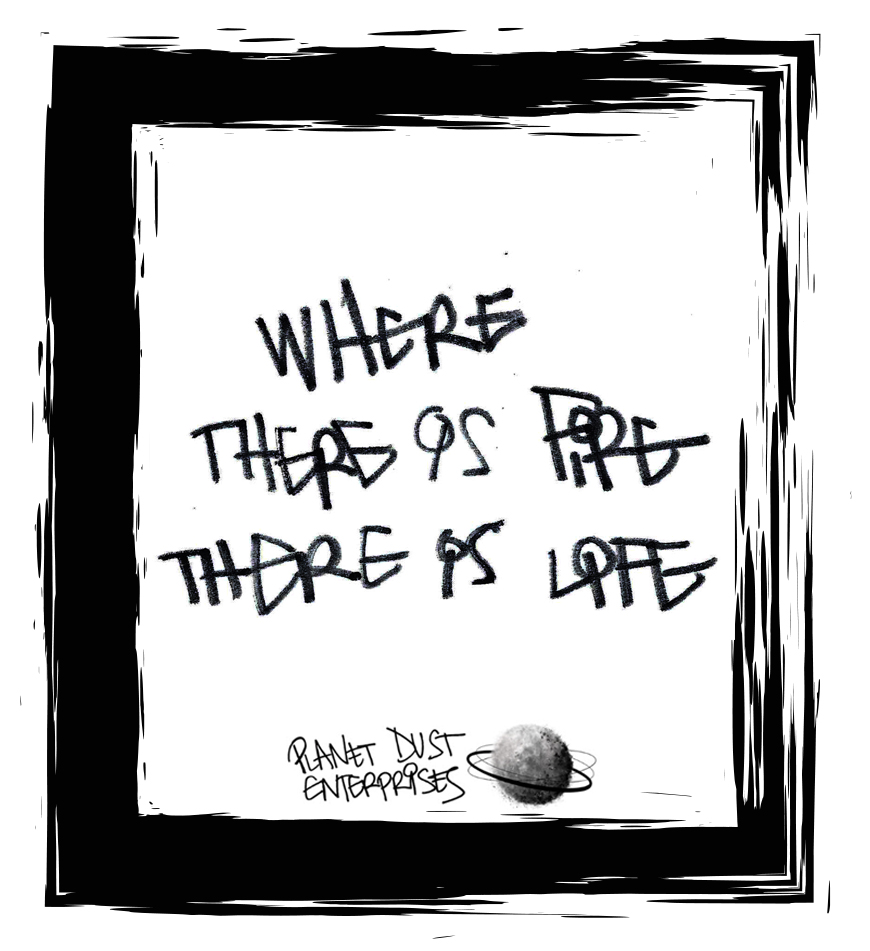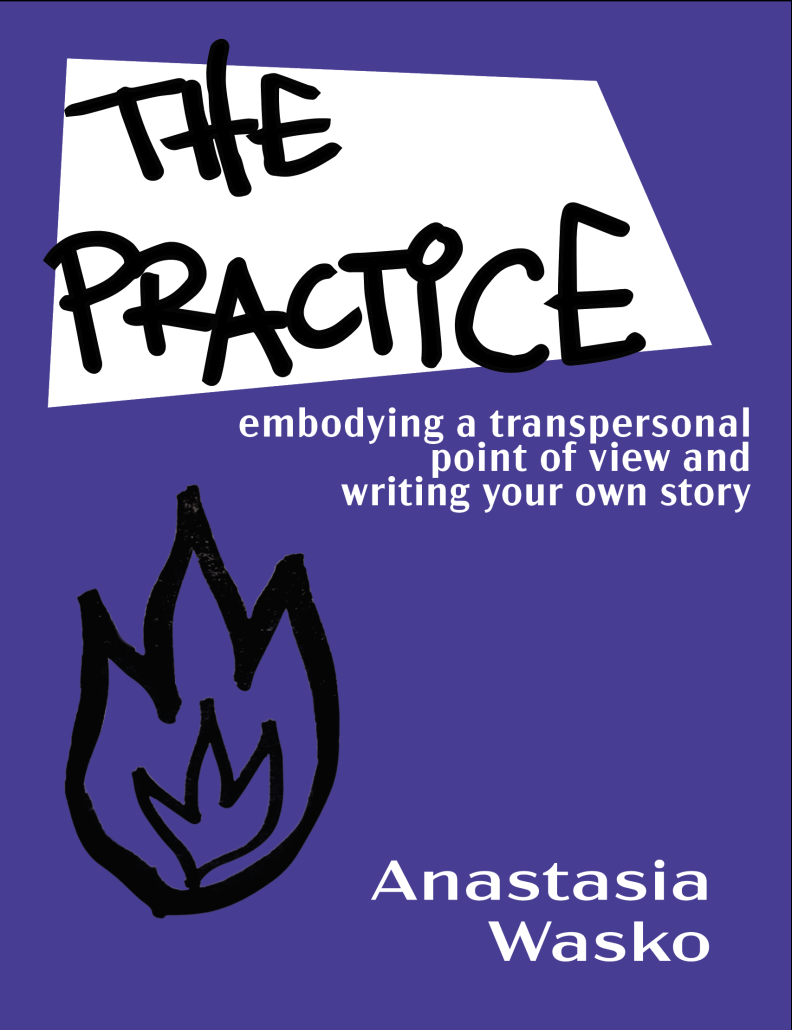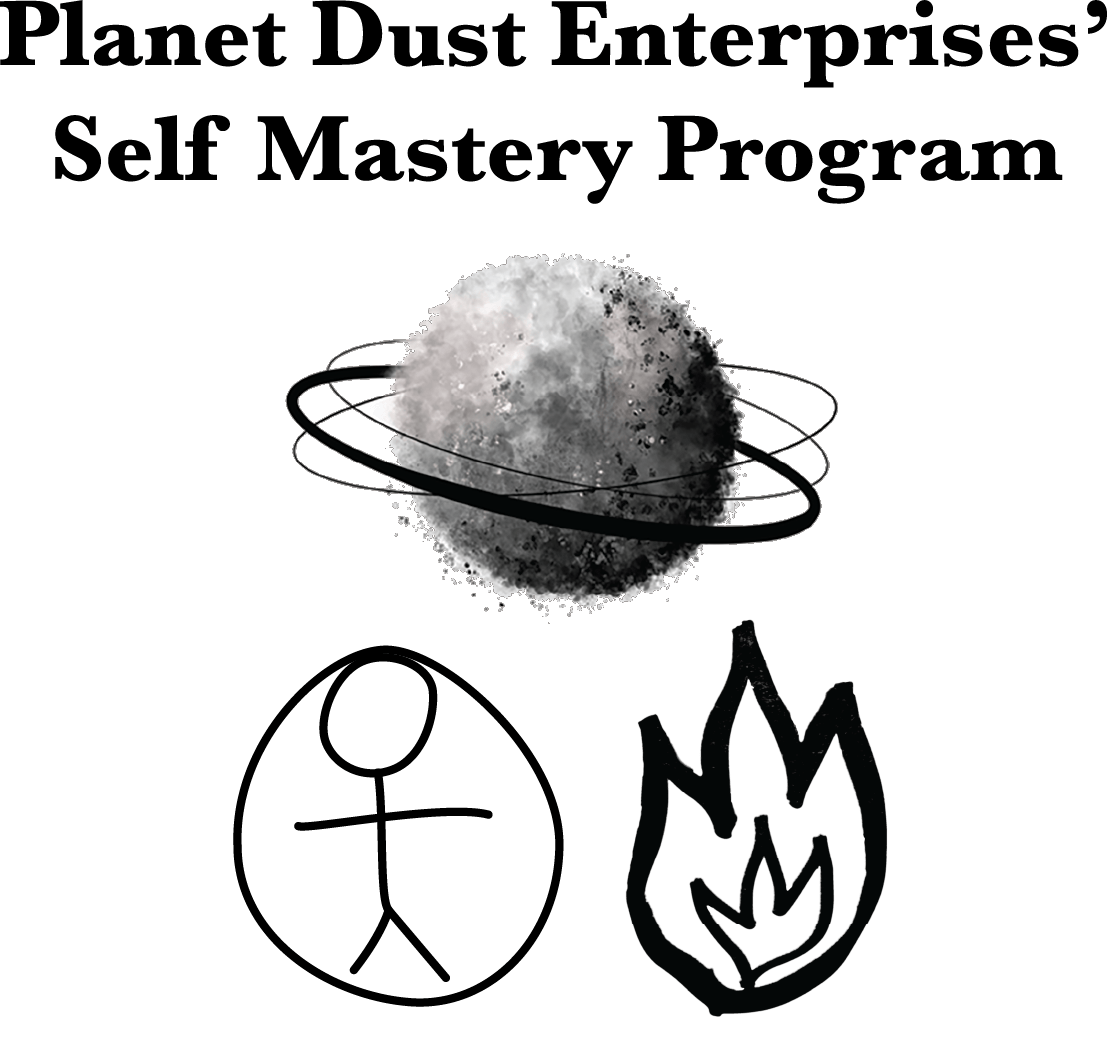Conversations: Theresa Widman and Anastasia Wasko
Anastasia shared her journey through spiritual emergence and how that’s impacted her work and her life. Our conversation weaves through her journey to the south, her work there and beyond, imagination and mental health, and her focus on writing and its medicine. –Theresa Widman
***
Hi there! Thanks for reading. I’m a writer, editor, and psychospiritual guide who helps you explore yourself.
I write my own story. In that light, my writing is service–the stories I share about my own psychospiritual growth, the process of self exploration & self transformation, and the way culture affects us are my gift to the world.
I share the knowledge and processes that anyone can implement to achieve inner peace. This is a transpersonal point of view and embodied transformation through creative writing.
And, I explore the deep stuff–what we do when we recall past life experiences; how we engage the archetypal resonance of embodied experience; when to call the “weird stuff” you’re experiencing a spiritual awakening and when to call a mental healthcare practitioner.
- If you are a mental healthcare professional who would like to work with me on your journey of psychospiritual growth or integrating transpersonal psychology with your client practice, go here
- If you are a GenXer who is going through some *ish and everything in your life is changing and you want some support for that, go here
BTW: I love tattoos and coffee.
***
Curious about seeing the world and the mind as multidimensional? What does that mean for science?
- Check out Public Parapsychology. Learn more about what psi is and why psi belongs to everyone. Join other seekers and citizen scientists who are exploring parapsychological phenomena for the benefit of understanding the spiritual nature of the material world
- Also consider joining The Parapsychological Association. Support an organization of professional scientists and independent researchers who are pushing the boundaries of our current understanding of the mind. Programming and publications include excellent resources for mental healthcare practitioners and healers who support individuals with transpersonal experiences




